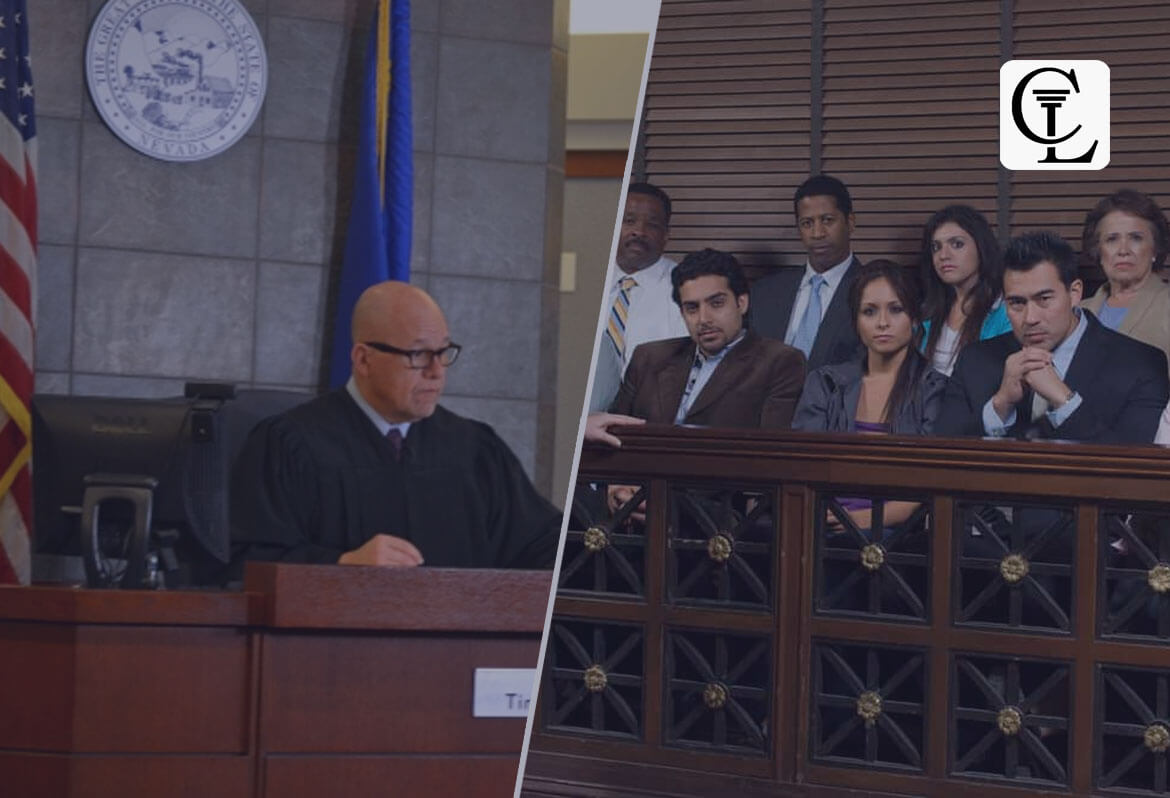The answer to this question is more complicated than it may appear. Prior to 2023, there was no such thing as automatic sealing of a criminal charge in Massachusetts. If a person wanted to have their criminal record sealed, and thus not readily available on most background checks, they would need to either file a petition with the Court where the charges were issued, or with the Office of Commissioner of Probation.
Last year, the Supreme Judicial Court decided, in Commonwealth v. J.F., that public interests warranted the automatic sealing of certain cases. However, the decision does not apply to all closed cases.
Specifically, the court made automatic sealing available only for cases where a person is:
- Found not guilty after trial
- A grand jury finds “No Bill”
- A case is dismissed for no probable cause
In these three narrow circumstances, the Court should automatically seal the case, unless the defendant objects. There are certain reasons that a person should object, including people facing immigration proceedings.
Other favorable results of a case, including dismissals for lack of prosecution, discovery violations, or prosecutorial misconduct would not be sealed automatically. Neither are dismissals after a period of pretrial probation or a continuance without a finding automatically sealed. Even the filing of a Nolle Prosequi, or a voluntary dismissal by the District Attorney’s Office, is not subject to automatic sealing.
In these other circumstances, or after a conviction, a person who wants to have their criminal record must still use the previously available petitions to the Court or the Commissioner of Probation.
An experienced Massachusetts criminal attorney can help guide people through the sealing process, as well as explore other post disposition options such as expungement, vacating a plea, or filing a motion for a new trial.









